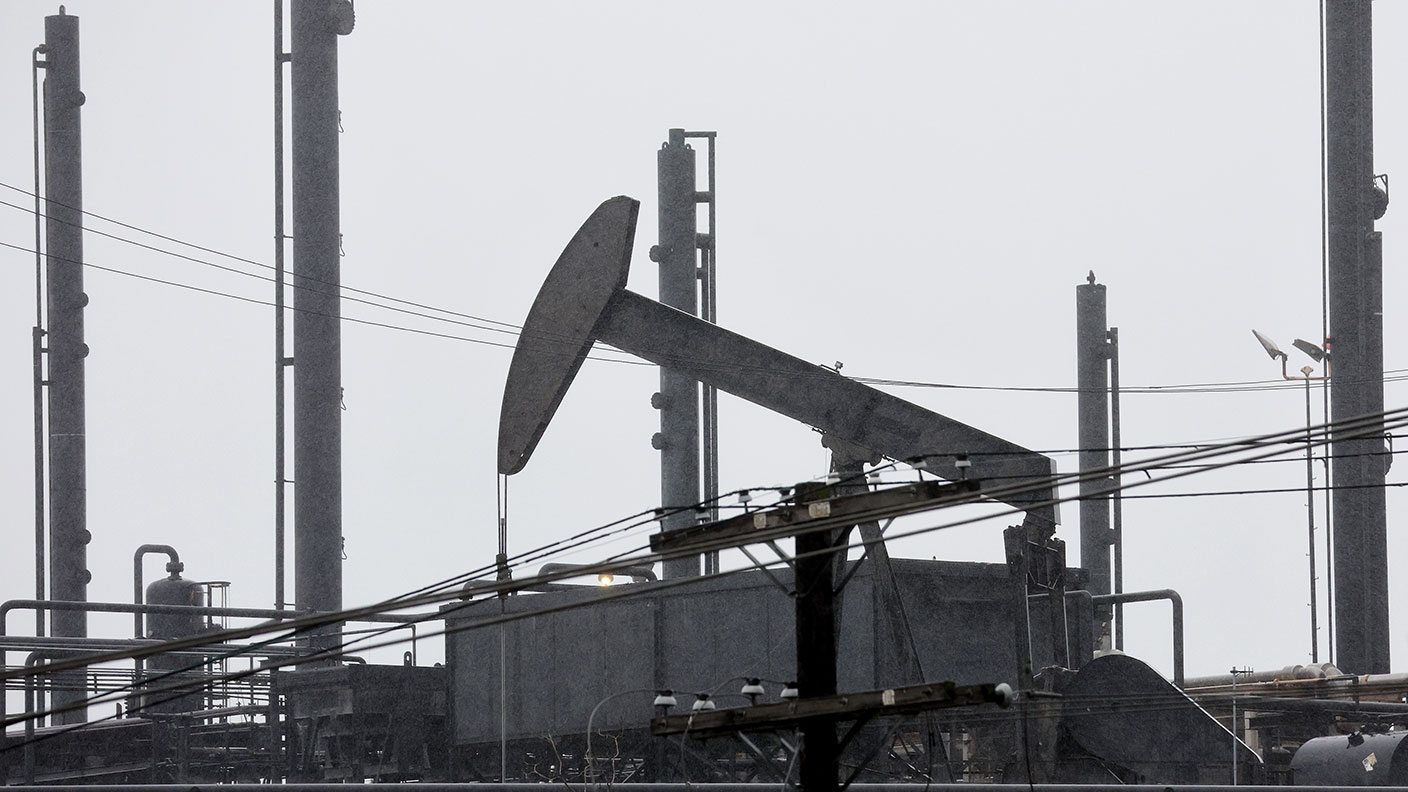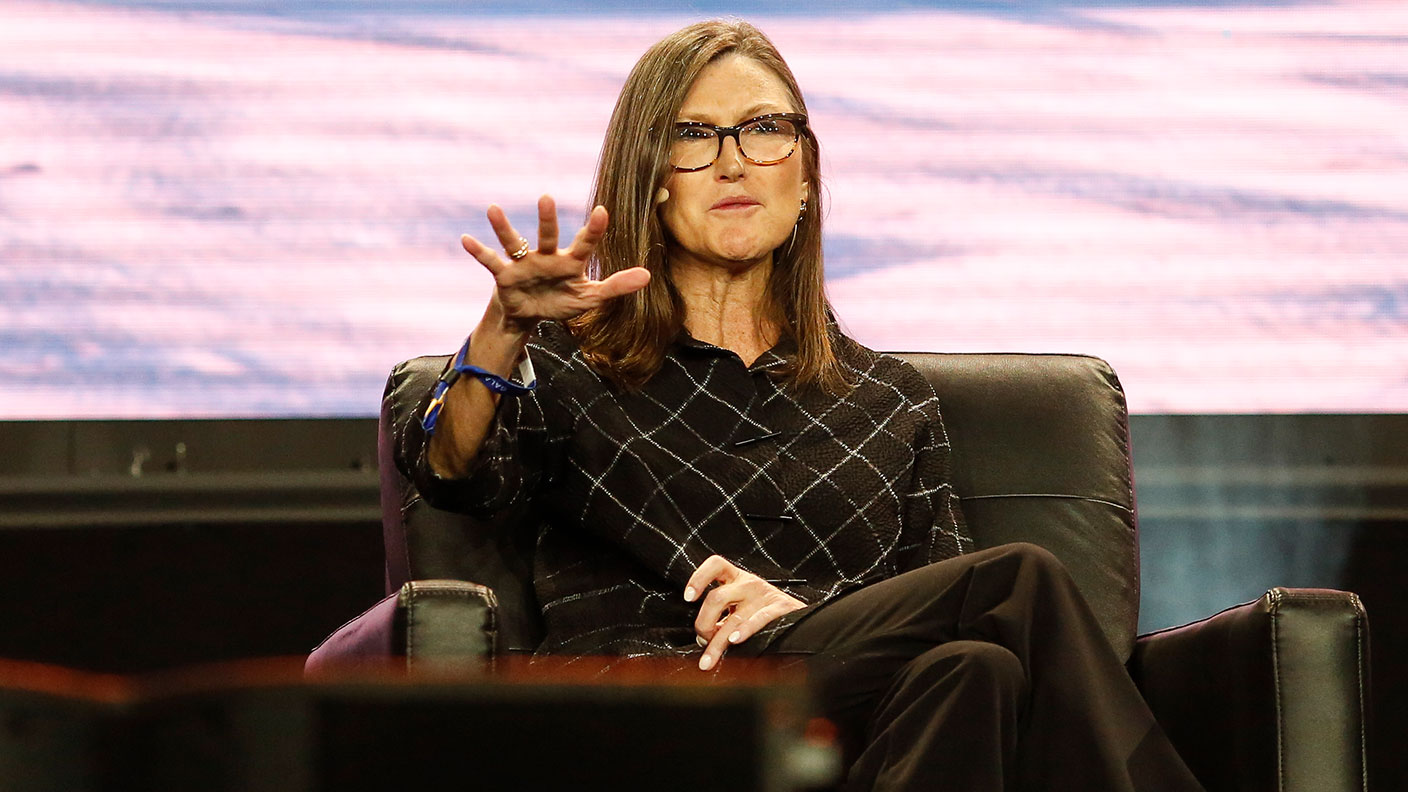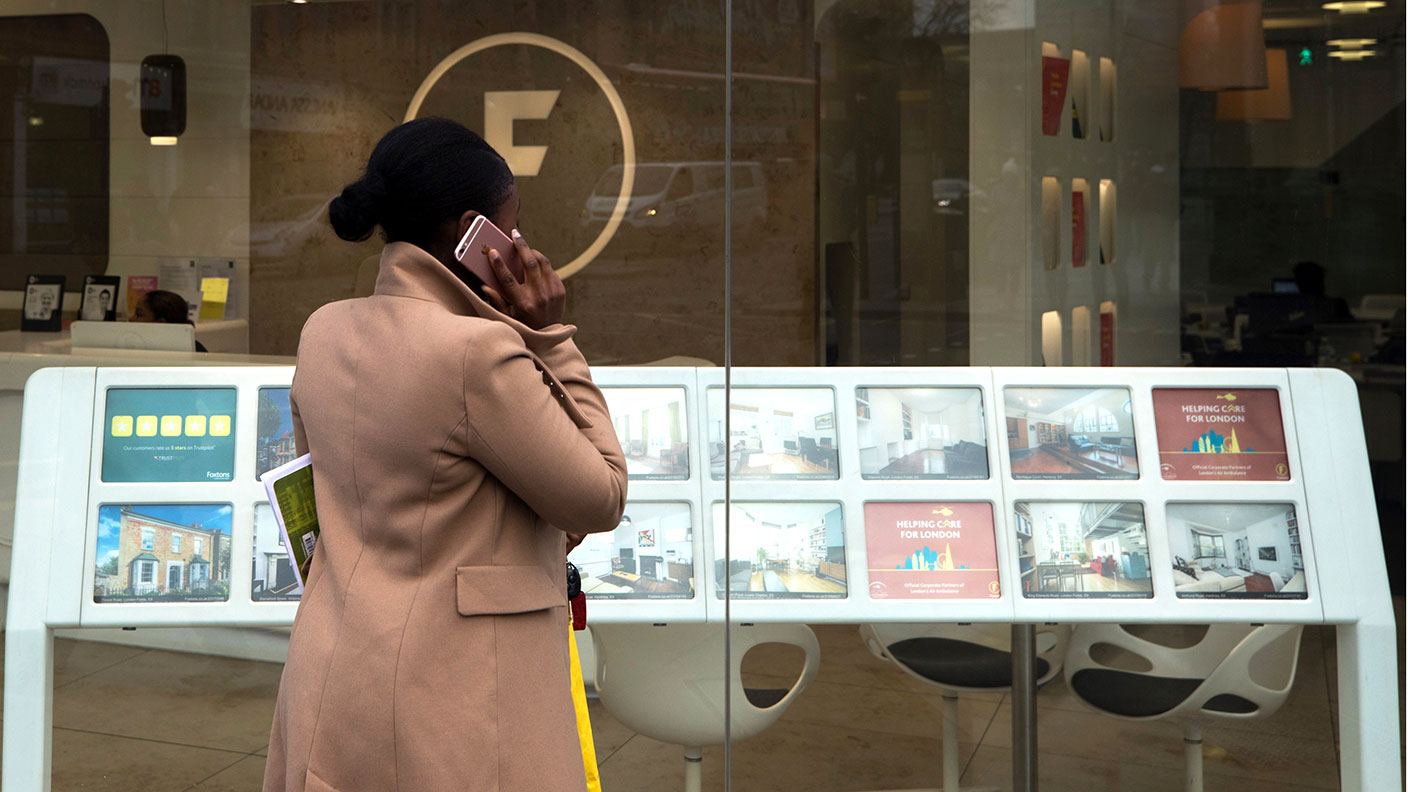Why Saudi Arabia’s big oil flop is good news for investors in fossil fuels
The trouble Saudi Aramco is having getting interest for its IPO is a sign of deep negative sentiment towards the sector. And that’s a good sign for contrarian investors, says John Stepek. Here’s why.

Get the latest financial news, insights and expert analysis from our award-winning MoneyWeek team, to help you understand what really matters when it comes to your finances.
You are now subscribed
Your newsletter sign-up was successful
Want to add more newsletters?

Twice daily
MoneyWeek
Get the latest financial news, insights and expert analysis from our award-winning MoneyWeek team, to help you understand what really matters when it comes to your finances.

Four times a week
Look After My Bills
Sign up to our free money-saving newsletter, filled with the latest news and expert advice to help you find the best tips and deals for managing your bills. Start saving today!

The MoneyWeek Wealth Summit is this Friday book now if you haven't already! You don't want to miss this.
As regular readers will know, I've been keeping an eye on the attempts to list Saudi Aramco.
The world's biggest oil company is having trouble getting enough interest from buyers.
MoneyWeek
Subscribe to MoneyWeek today and get your first six magazine issues absolutely FREE

Sign up to Money Morning
Don't miss the latest investment and personal finances news, market analysis, plus money-saving tips with our free twice-daily newsletter
Don't miss the latest investment and personal finances news, market analysis, plus money-saving tips with our free twice-daily newsletter
And yet, it appears that the sale is going ahead.
That speaks volumes about the lack of interest in oil stocks right now.
Saudi Arabia is trying to flog off its golden goose
Saudi Aramco is the world's biggest oil producer. It's currently owned by the Saudi Arabian state.
Owning the world's biggest producer of one of the world's most precious resources should be a good thing. It's certainly made the Saudis rich.
Trouble is, when you have an easy source of riches, you tend not to look for other ones. Owning a golden goose can make you lazy.
How lazy? Well, oil comprises around 40% of the Saudi economy, brings in about 90% of government revenue, and accounts for 90% of exports.
This oil revenue funds a generous welfare state, which helps to pacify a population which might otherwise be prone to causing trouble (there are lots of young men with questionable skill levels and high levels of unemployment).
That's expensive though, even for a country with some of the lowest oil production costs in the world. To pay for it all, notes Tom Holland at research group Gavekal, Saudi Arabia needs an oil price of more than $80 a barrel. Right now, at $60-odd, the country is overspending by about 6% of GDP a year (ie, that's the deficit, which is pretty chunky by anyone's standards).
So, even at current oil prices, the goose isn't laying enough golden eggs. Moreover, when and if the goose stops laying altogether, the Saudi economy will be hugely exposed.
And that's where we are right now. Today, investors the world over are worrying that climate change legislation and the rise in ESG investing will kill off the golden geese in the fossil fuel business.
We've gone from the fear of "peak oil" on the supply side ("the oil is going to run out!"), to fear of "peak oil" on the demand side ("no one wants oil anymore!"). Greta Thunberg may be the latest public face of this movement but it's been bubbling under for several years now.
As Holland says, one factor in Saudi Arabia's decision to sell off Aramco is "the fear that come the 2030s or soon after, it could be left sitting on 300 billion barrels of 'stranded assets'".
In short, it needs money to diversify its economy according to a grandiose plan labelled Vision 2030. And all it's really got to fund that effort is oil.
Why Aramco's troubles are a good contrarian signal for oil investors
So the original plan was to offload about $100bn-worth of Saudi Aramco (5% of the company), which would have given the group a valuation of around $2trn.
That would have been punchy even in better times for oil. As it is, international investors have simply turned around and said: "No thanks".
Previous attempts to launch an IPO (initial public offering) the first came about four years ago have foundered at this stage. No $2trn, no deal.
But it seems Saudi Arabia is now keen enough to take what it can get. The decision has now been made simply to list Aramco locally, on the Saudi stock exchange, the Tadawul. On top of that, the company is now just looking to raise $25bn from the IPO the goal will be to sell 1.5% with a valuation of around $1.6trn$1.7trn.
This will mostly come from local investors, whose arms can be more easily twisted into demonstrating support. Indeed, as a few comedians have put it, it's starting to look less like an IPO and more like a Saudi wealth tax.
The thing is, to my eyes at least, the resistance to this listing is surprising. Sure, there are lots of elements that are unappealing, such as the fact that you'll be a minority shareholder alongside an authoritarian government, and the potential resulting reputational damage.
But these things have not put investors off buying non-voting shares in tech giants with poor reputations.
It's fair to say that the WeWork debacle won't have helped at a psychological level. Saudi Arabia is a big backer of SoftBank and a whiff of that failure will be hanging over Aramco.
But while Aramco would undoubtedly be expensive at $2trn, Saudi Arabia has made an effort to make it a bit more appealing offering a chunky dividend yield, for example.
I have to conclude that the real reason international investors don't want a piece of Aramco is simply because fossil fuels are unpopular right now. They've fallen victim to the "jam tomorrow" bubble. Oil is seen as the ultimate old-fashioned industry it throws off lots of cash, it's not remotely "woke", and most of its business is physical rather than intangible.
Now, to be clear, I don't think that Aramco itself warrants a contrarian "buy". As Holland points out, the Saudis face a real uphill battle to diversify and if they fail to do so then Aramco will be treated as even more of an emergency piggy bank.
But I do think that the failure to get this off the ground and Saudi Arabia's clear desperation to do so are indicative of deeply negative sentiment towards the sector. And that's usually a good sign for contrarians.
Get the latest financial news, insights and expert analysis from our award-winning MoneyWeek team, to help you understand what really matters when it comes to your finances.

-
 Should you buy an active ETF?
Should you buy an active ETF?ETFs are often mischaracterised as passive products, but they can be a convenient way to add active management to your portfolio
-
 Power up your pension before 5 April – easy ways to save before the tax year end
Power up your pension before 5 April – easy ways to save before the tax year endWith the end of the tax year looming, pension savers currently have a window to review and maximise what’s going into their retirement funds – we look at how
-
 Are UK house prices set to fall? It’s not so simple
Are UK house prices set to fall? It’s not so simpleAnalysis Figures suggest UK house prices are starting to slide, but we shouldn’t take these numbers at face value, explains Rupert Hargreaves.
-
 Tesco looks well-placed to ride out the cost of living crisis – investors take note
Tesco looks well-placed to ride out the cost of living crisis – investors take noteAnalysis Surging inflation is bad news for retailers. But supermarket giant Tesco looks better placed to cope than most, says Rupert Hargreaves.
-
 It may not look like it, but the UK housing market is cooling off
It may not look like it, but the UK housing market is cooling offAnalysis Recent house price statistics show UK house prices rising. But John Stepek explains why the market is in fact slowing down and what this means for you.
-
 Think the oil price is high now? You ain’t seen nothing yet
Think the oil price is high now? You ain’t seen nothing yetAnalysis The oil price has been on a tear in recent months. Dominic Frisby explains why oil in fact is still very cheap relative to other assets.
-
 What can markets tell us about the economy and geopolitics?
What can markets tell us about the economy and geopolitics?Sponsored Markets have remained resilient despite Russia's war with Ukraine. Max King rounds up how reliable the stockmarket is in predicting economic outlooks.
-
 The tech bubble has burst – but I still want a Peloton
The tech bubble has burst – but I still want a PelotonAnalysis Peloton was one of the big winners from the Covid tech boom. But it's fallen over 90% as the tech stock bubble bursts and and everything else falls in tandem. Here, Dominic Frisby explains where to hide as markets crash.
-
 The market is adjusting to a new “short dreams, long reality” world
The market is adjusting to a new “short dreams, long reality” worldAnalysis As interest rates rise, things are starting to change, says John Stepek. Reality is biting back. Gone are the fanciful ideas built on hope – a business now needs a solid foundation.
-
 Are UK house prices heading for a fall?
Are UK house prices heading for a fall?Analysis UK house-price growth is slowing as interest rates rise. But interest rates aren’t all that matters for house prices, says John Stepek.